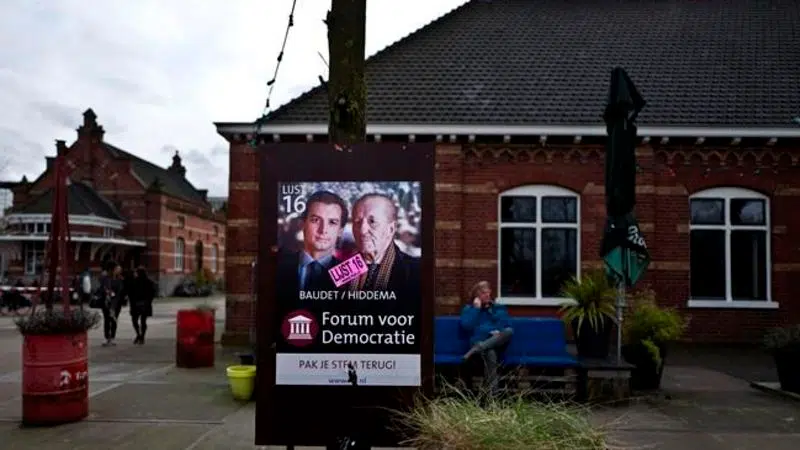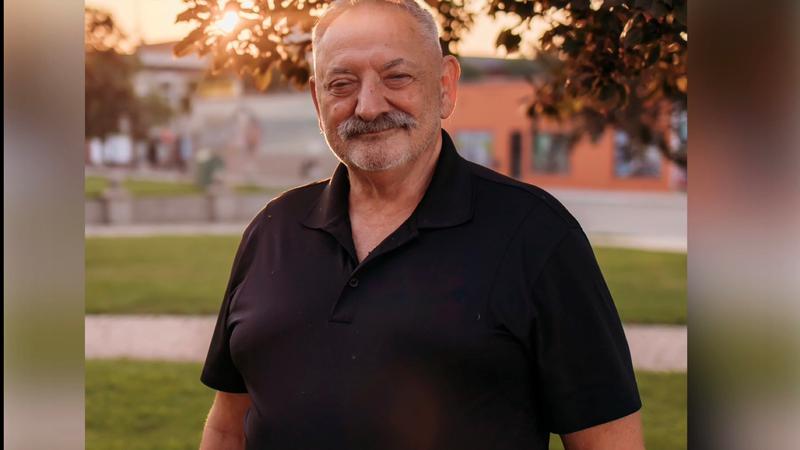
New populist star emerges from Dutch local elections
THE HAGUE, Netherlands — The Netherlands woke up Thursday to a new star of right-wing populism, as the party of a Latin-quoting, philosophy-reading lawmaker surged past anti-Islam firebrand Geert Wilders — and all other politicians — in important local elections.
Thierry Baudet’s Forum for Democracy emerged from the sidelines into the Dutch political mainstream as the biggest winner in nationwide elections that determine the makeup of the parliament’s upper house and also impact the coalition government of Prime Minister Mark Rutte.
“Today, we won the first major battle,” Baudet told his party faithful in a jubilant victory speech after Wednesday’s vote.


